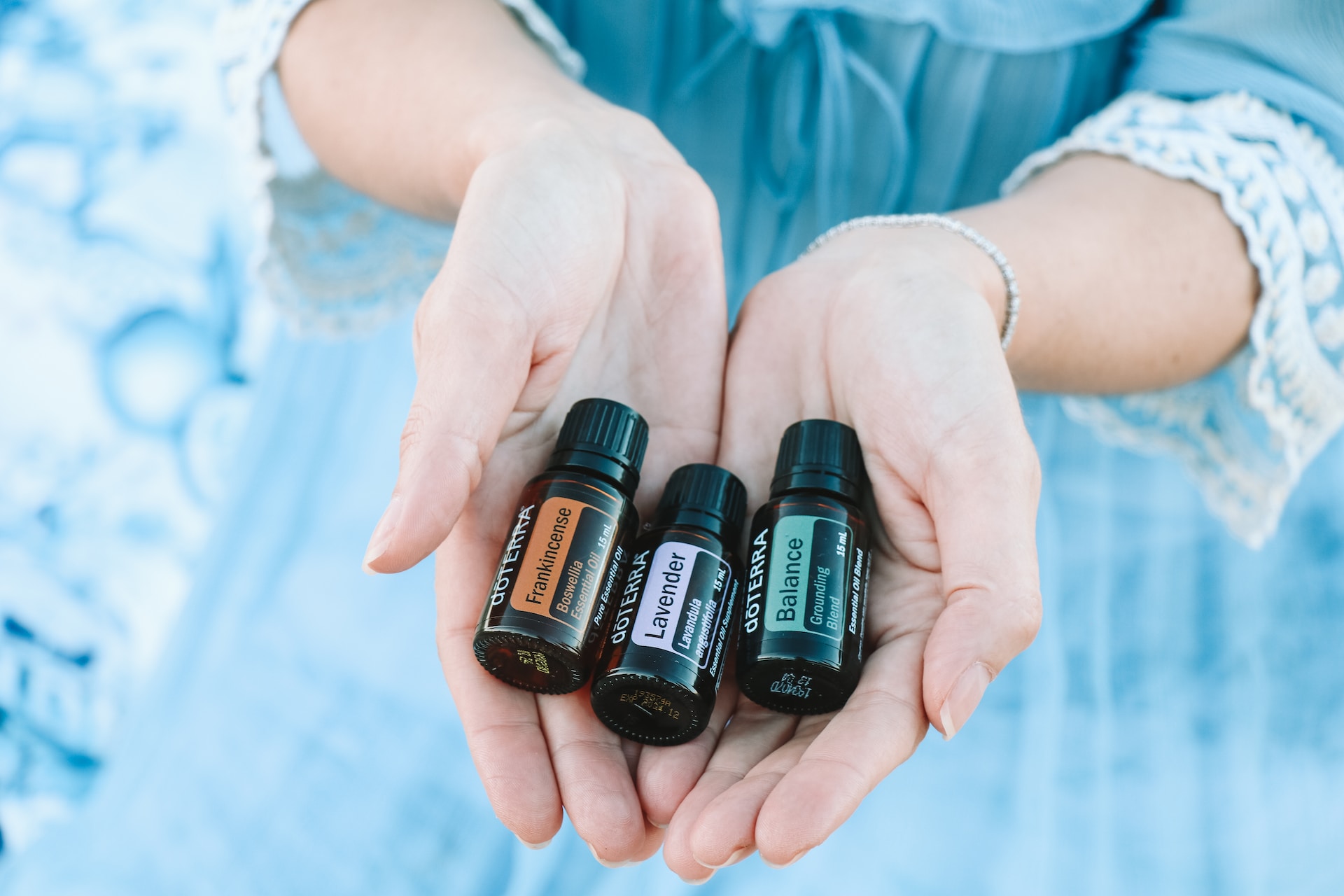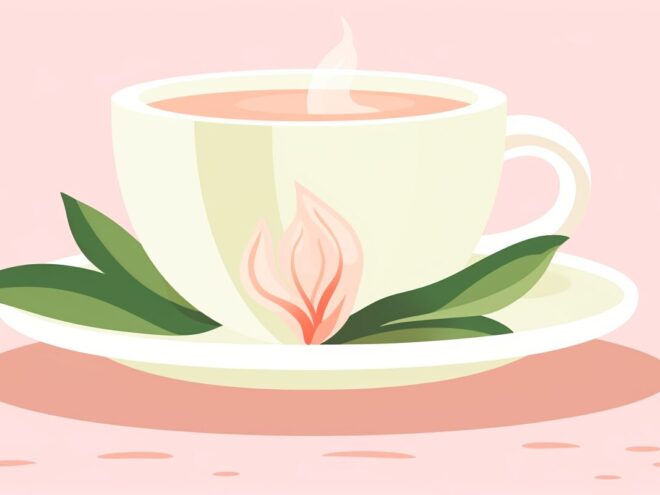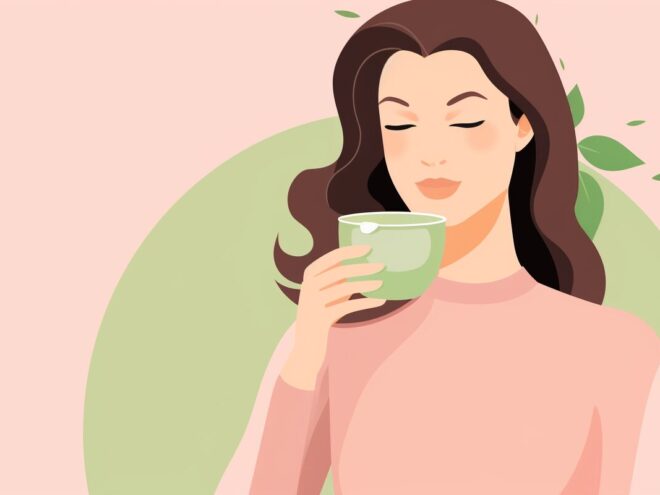Natural Remedies • 10/18/2023
How To Use Essential Oils in Six Different Ways

Revivalist is a reader-supported endeavor and our posts may contain affiliate links. When you buy through links on our site, we may earn an affiliate commission.
Essential oils are plant extracts with medicinal properties. People have used plants to treat wounds, skin infections, colds and common health conditions. Essential oils are the modern spin of using herbs and plants. The only difference is you can also use them to improve your mood, reduce anxiety and stress and treat some mental health conditions.
Health Benefits of Using Essential Oils
The benefits of essential oils depend on the plant or herb source. Here are some examples:
- To treat acne and skin diseases: Thyme, rosemary, tea tree and cinnamon
- To improve sleep: Lavender, chamomile, peppermint and ylang ylang
- To fight skin infections and promote healing: Helichrysum, geranium, carrot seed and frankincense
- To treat colds and flu: Lemon, eucalyptus, clove and lavender
- To relieve muscle soreness and bug bites: Ginger, marjoram, clary sage and wintergreen
- To cure nausea: Ginger, peppermint and fennel seed
The list of the benefits of essential oils goes on. It’s become an all-around treatment for various health problems in every household.
How To Use Essential Oils in 6 Ways
You’ll be surprised at the various ways essential oils are helpful. They’re more than just aromatics. Some oils have anti-inflammatory, antioxidant and antimicrobial properties, so they’re a safe substitute for some OTC medications.
Using Essential Oils to Scent a Room
You can make your bedroom or any area fragrant with an electric or candle diffuser, a spray and some drops of essential oils.
A diffuser is a staple for aromatherapy enthusiasts. If you have an electric-operated one, open the lid and fill it with water. Add a few drops of your chosen essential oil. Put the top back and turn it on.
If you use a candle diffuser, fill the reservoir with water. Blend a few drops of essential oil. Light the tea candle and put it under the diffuser’s reservoir. The oil is diffused as water is heated and evaporated.
To make a room spray without a diffuser, you will need the following things:
- 30 ml of witch hazel as a base
- Spray bottle
- 20 drops of essential oil
- 89 ml of water
Pour the witch hazel, essential oil and water into the spray bottle. Close it and shake it before spraying.
Using Essential Oils to Enhance Skin and Face
Tea tree has anti-inflammatory and antimicrobial properties, making it an excellent topical agent for treating acne and skin diseases. It’s applied to the affected area to promote healing.
You can harness the power of essential oils to minimize the appearance of face scars and acne. You will need the following ingredients to create a mask:
- 2 teaspoons of raw honey
- 3 drops of frankincense oil
- 3 drops of lavender oil
- 3 drops of tea tree oil
Mix all of the ingredients in a bowl. Apply the paste on a clean and dry face and let it stay for an hour. Rinse afterward.
An easier way to use essential oil to treat acne is by directly applying it to the affected area. You can also dilute the oil with a carrier oil like jojoba.
Using Essential Oils in a Bath
They can also be therapeutic in a bath. Melding a few drops of aromatic essential oil is one of the ways to make a bath relaxing. It can also relieve anxiety and fatigue. You’ll only need 25 drops of essential oil per 15 ml carrier oil.
To start, mix the essential oil and carrier oil. You can use jojoba, coconut or olive oil. Fill the tub with water and add the oils while running the water. Give it a nice swirl to disperse the oil. Get in the tub and enjoy the therapeutic experience.
For an intense aromatherapy experience, apply the oils directly on your skin while in the bath. This way, you inhale the scents deeper and your skin benefits more from the oils.
Using Essential Oils To Treat Bug Bites and Muscle Pain
Whenever you come home from work with sore muscles or body aches, an essential oil massage sounds like a luxury you need to have.
Essential oils have anti-inflammatory benefits, making them powerful pain and muscle sore relievers. You can use them to treat arthritis and body pain caused by overworked muscles or joints. They’re also beneficial in easing the swollen area caused by mosquitoes, ants or flea bites. Options are clary sage, lavender, ginger and Roman chamomile.
You will need 20 drops of essential oil for every 1 ounce of carrier oil.
Combine the ingredients in a bowl. Massage the mixture to the sore or bitten area, like the shoulder, arms, back or legs, to soothe pain and swelling.
Using Essential Oils as Inhalers for Flu
If you have a fever, cough or congested nose and want to treat it naturally, essential oils are the way to go. People instinctively reach out for OTC medications for nasal congestion or sinus infections, but essential oils are an effective alternative with fewer side effects than medications.
Steam inhalation is the first option to use essential oils to relieve a clogged nose. You will need:
- 3 to 7 drops of essential oil
- Boiling water in a pot
- Towel
Boil water on a stove. Add the essential oil to boiling water in a pot. Remove it from the stove. Cover your head with a towel and inhale the steam through the nose for two minutes each time. Close your eyes while doing this to avoid irritation.
You can also inhale directly from the bottle or add a drop of the essential oil to a cotton ball or handkerchief and breathe in it.
Using Essential Oils on Food
You can include essential oils in dishes and reap their benefits. They’re a part of many culinary traditions. However, only selected oils are safe, so choose the ones you would normally use in cooking, such as lemon, rosemary, rose, orange lavender and peppermint.
Essential oils in food have several benefits, such as:
- Enhance the taste of the dish: You can add a few drops to marinades, dips, salads or desserts.
- Prolong the shelf-life of dishes: Essential oils’ antimicrobial and antioxidant properties can prohibit bacteria growth in food.
- Improve digestion: Oils like lavender, peppermint and fennel can help boost digestive functions, helping you maintain a healthy weight.
Essential Oils Have All-Around Use
You have all the right reasons to keep bottles of essential oils in your home. They’re versatile and usable in treating skin problems and sinus infections and reducing stress. You can also blend them into your foods. They’re more affordable and are natural alternatives to many health conditions.
The benefits of essential oils are well-studied. They’re safe to use in most cases. But if you have allergies to certain oils, be cautious in picking which ones to fuse to your baths and foods or use a topical treatment. They can be toxic, so consult a certified aromatherapist or your doctor to know which are safe to use for you.
Subscribe to Our Weekly Newsletter
We would love to connect deeper with you!


